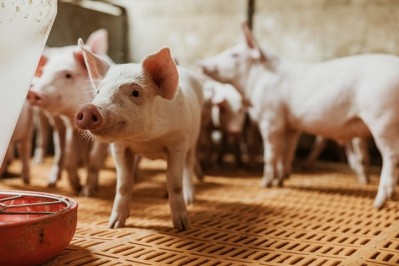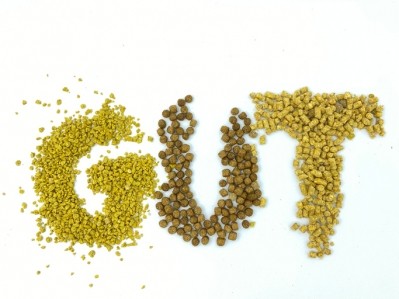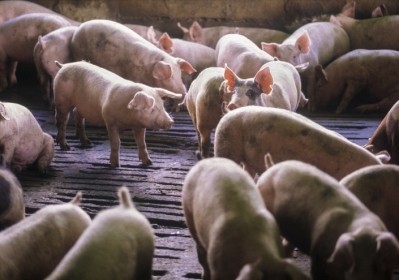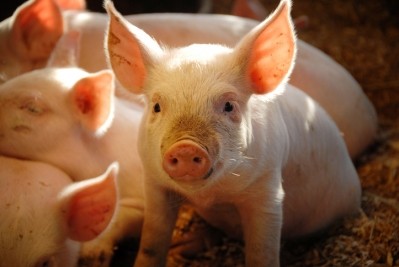Study: Fish oil product rich in mono- and diglycerides boosts weaned piglet productivity
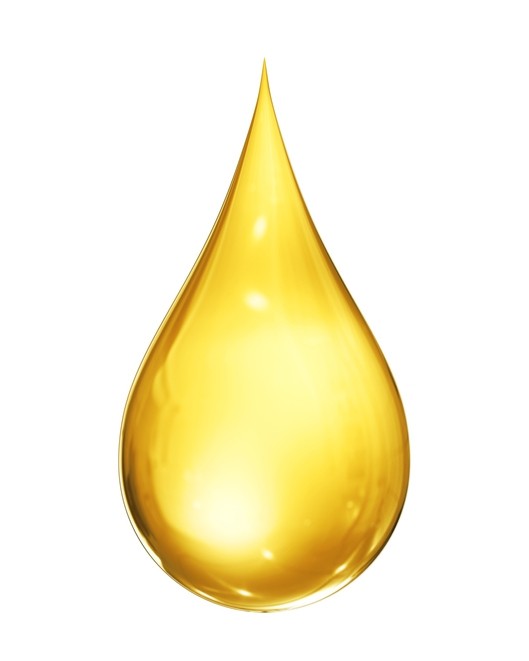
The team assessed the use of a fish oil product rich in mono- and diglycerides (FOMG) and containing 0.069 g/g of omega-3 (ω-3) fatty acids to see whether it would improve piglet health and productive performance during the post-weaning stage.
The increase in growth seen was partially explained by better feed intake. But the researchers, all based at the University of Zaragosa, said the pigs fed 15g/kg DM of the FOMG also showed health improvements, based on multiple parameters. In addition, they saw that such supplementation exerted positive modulatory effects on the gut microbiota.
“These findings shed light on the underlying mechanisms explaining beneficial effects of fish oil supplementation and the importance of providing appropriate levels of ω-3 mono- and diglycerides supplementation in weaned piglets,” commented the team, in their paper published in Animal Feed Science and Technology.
Methodology
A product derived from fish oil processing, rich in mono- and diglycerides (FOMG) may be a useful alternative as feed, even though ω-3 fatty acid content in FOMG is two- to five-fold lower than fish oil, depending on the fish species, said the authors.
The FOMG tested was a commercial fraction of fish oil processing (MAG-MIX, Solutex, Mallen, Spain). The ingredient was included in the diet at the expense of other fat sources.
In a preliminary trial, 136 piglets were randomly distributed into two groups (4 pens per group) to evaluate the productive effects of dietary supplementation with FOMG at 15 g/kg (T15) as a substitution for lard (T0) as a fat source during the post-weaning period in a commercial farm.
In a second trial, 72 weaned piglets were fed on a control diet (T0) or supplemented with 15g (T15) or 30g FOMG/kg (T30) in a replacement of sunflower oil, with 6 pens of 4 piglets per treatment. Growth and intake were weekly controlled, and blood was sampled on days 14 and 34.
At day 35 post-weaning, six piglets per treatment were euthanized to study the microbial fermentation and the ileal and cecal bacterial community.
Findings
The results of the preliminary experiment indicated that piglets fed the T15 diet tended to have a greater growth increase during the post-weaning period. This was partially explained by greater feed intake but it was also due to improved animal health as indicated by the lower proportion of neutrophils, blood cortisol, and morbidity in the second experiment, said the researchers.
The pigs fed FOMG at 15g/kg DM also tended to promote higher volatile fatty acids (VFA) concentration at the ileum, which could be compatible with a higher nutrient absorption and a subsequent lower VFA concentration in the hindgut, they noted.
Moreover, the authors saw that level of supplementation also exerted modulatory effects on the gut microbiota promoting a shift in the bacterial community structure, lower diversity, and a trend for a higher butyrate proportion at the ileum, together with a lower and most favorable Firmicutes-to-Bacteroidetes ratio at the caecum.
On the contrary, T30 diet promoted less beneficial effects than T15, according to the animal scientists.
“These findings indicated that supplementation of piglets with FOMG at a level of 15g [per kg DM] represents a suitable strategy to improve pig performance and gut health during the post-weaning period.”
